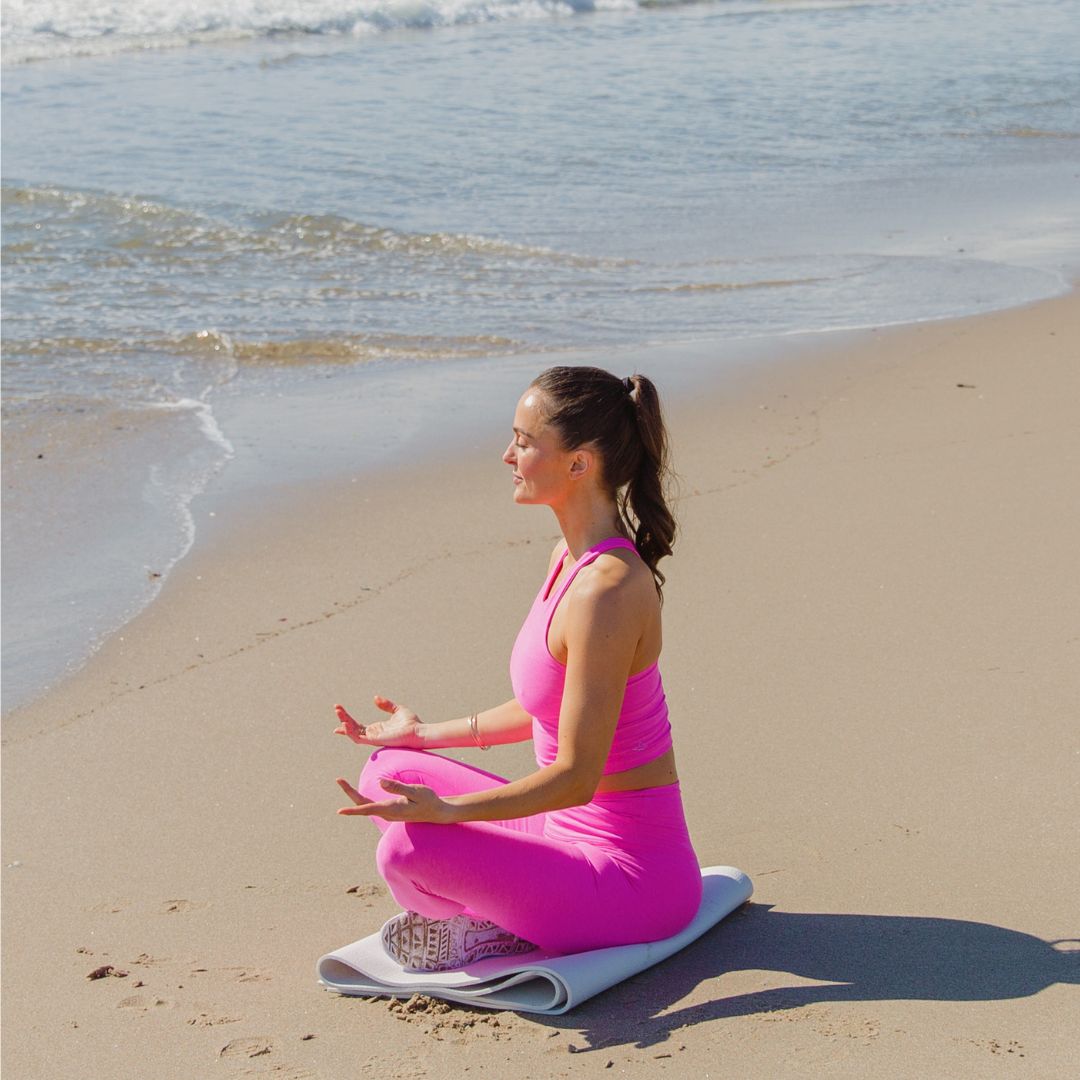
7 Practical Tips to Naturally Lower Cortisol

Understanding Cortisol: The Stress Hormone
The Impact of High Cortisol Levels on Health and Well-being


Tip 1: Stress Management Techniques for Cortisol Reduction
Tip 2: Prioritizing Sleep for Cortisol Balance


Tip 3: Incorporating Relaxation and Mindfulness Practices
Tip 4: Regular Exercise and Its Role in Cortisol Regulation


Tip 5: Nutrition Strategies for Cortisol Control
Tip 6: Herbal Supplements and Adaptogens for Stress Reduction


Tip 7: Social Support and Connection in Cortisol Management
NEW WORKOUTS EVERY WEEK
Try The Sculpt Society Free For 7-Days
Get access to 1,000+ workout videos, anytime, anywhere on all your favorite devices.

Continue Reading











Comment
Interested in lowering cortisol levels